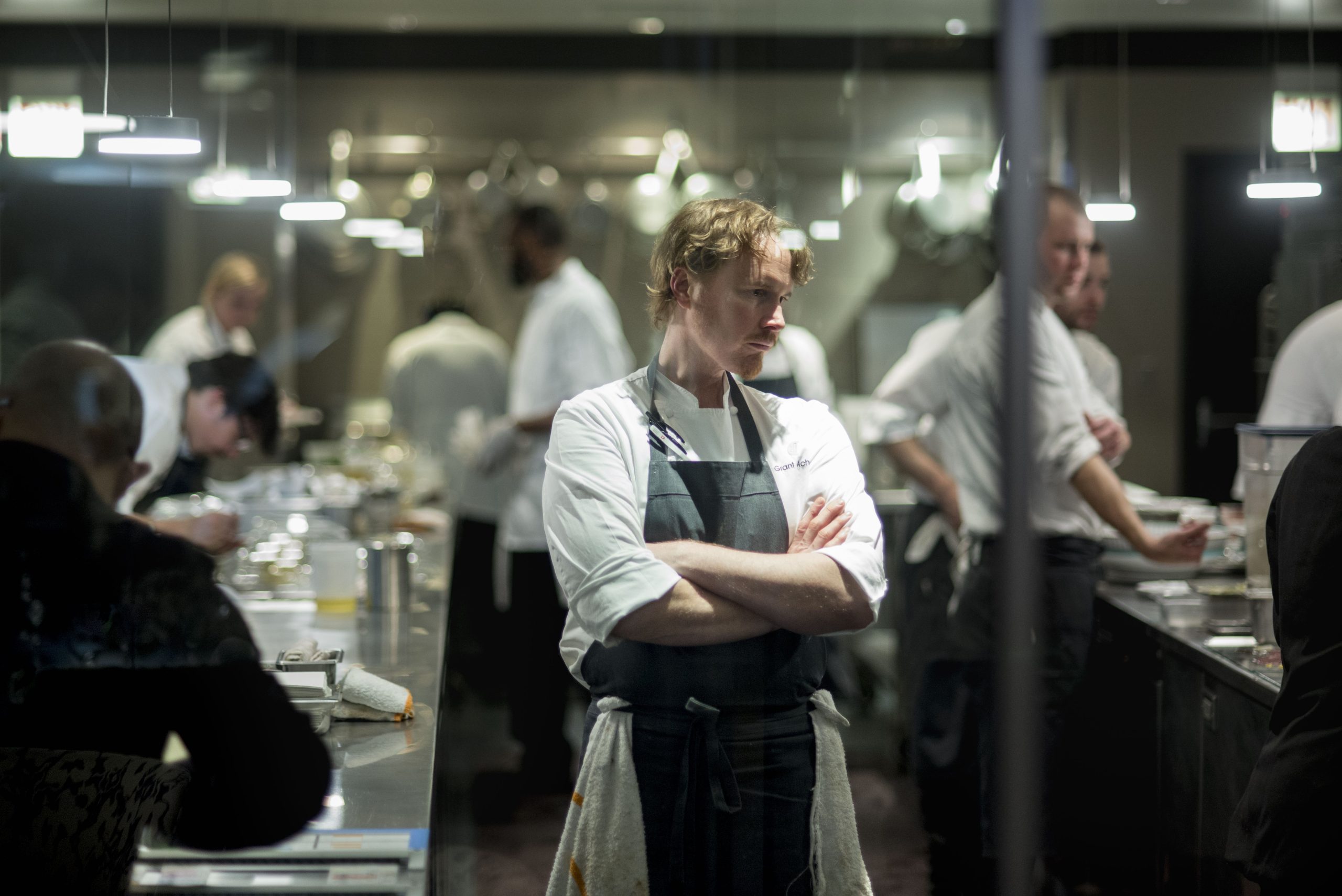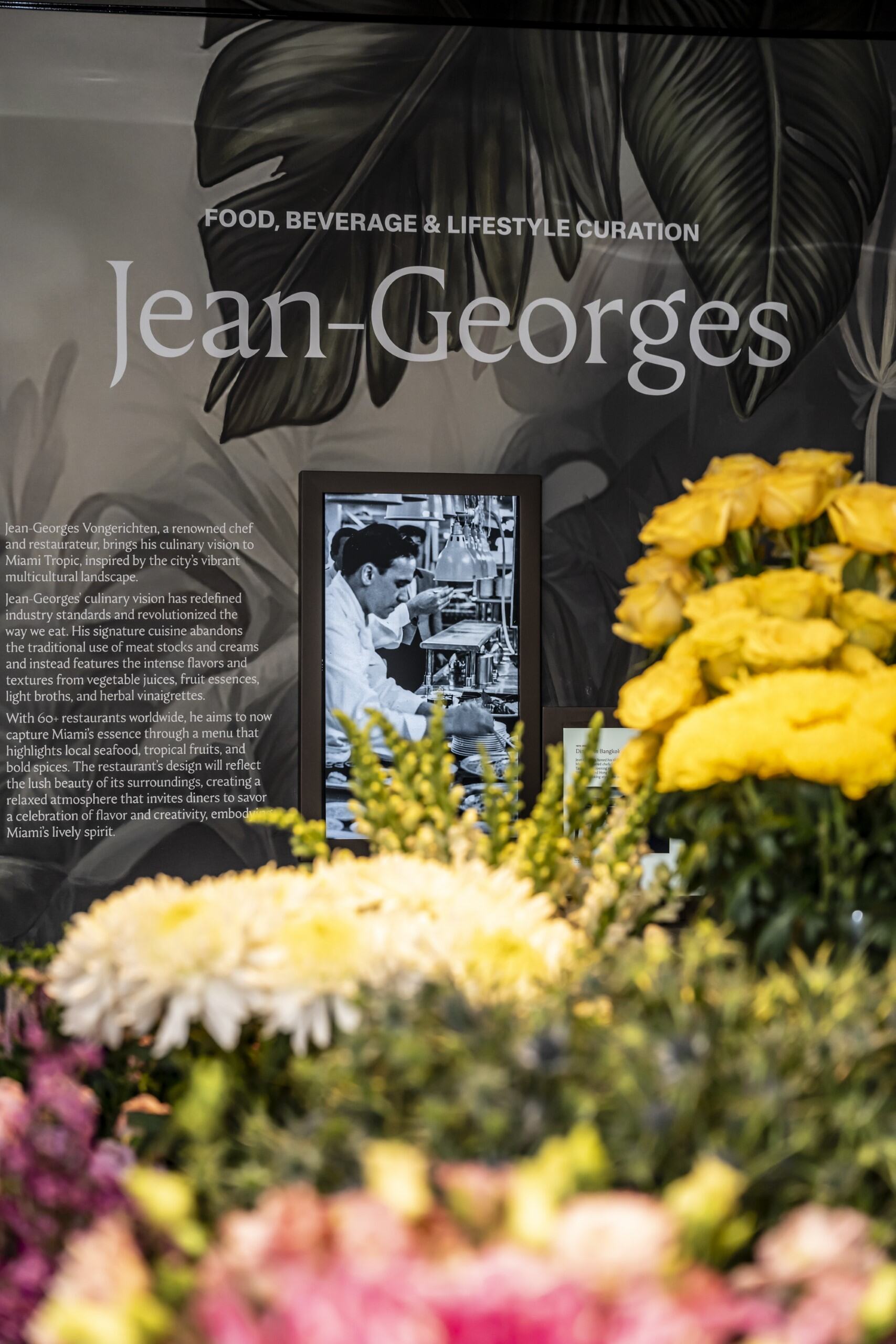Despite Bad Reviews, New York Restaurants Thrive

Despite the critics, some New York restaurants torn by reviews, are still a buzzing destination for tourists and locals.
‘Unappealing.” “Undistinguished.”
“Better suited to coal mining than supping.”
Hardly the kind of reviews a restaurant wants to hear. And yet, despite the critics, Ninja New York — pummeled by a scathing critique from the New York Times’ Frank Bruni in October 2005 — is still a buzzing destination for tourists and locals.
“We are very, very busy,” says Ninja owner Haruo Yazaki, through a Japanese translator. He acknowledges Bruni’s brutal review initially hurt business and forced him to make improvements in service, food quality and prices. But those changes, paired with publicity from the write-up, lured a flood of customers. “I believe that [review] was a good thing for us,” he says.
While food critics can’t resist giving “bad” restaurants their due, post-review success may be the sweetest revenge for NYC eateries. Popular spots such as Pulino’s, Fishtag, Nello and Ninja have found the best answer to a not-so-nice review is a packed house — especially at a time when restaurant traffic has slowed nationwide, according to the NPD Group, a market research company.
Adam Alson, celebrating his 32nd birthday at the crowded Ninja, says critical reviews don’t weigh heavily on his dining picks. “Opinions are like a – – holes — everybody has one,” laughs the Murray Hill-based co-founder of the NiteTables.com reservation service.
“This place is great. I love it.”
“Where else can you find ninjas and good sushi in the same place?” asks his pal Adam Padilla, a 34-year-old creative director from Manhattan, just as a masked waiter leaps from the shadows to deliver crab via samurai sword.
When New York Magazine’s Adam Platt panned Pulino’s Bar & Pizzeria last year, chiding its “boisterous” crowd (“hell was very loudly breaking loose”), its “weirdly thick, almost toothpastelike tomato sauce” and its “greasy and bland” porchetta — restaurateur Keith McNally couldn’t bite his tongue. He launched a counterattack, blasting Platt as “bald,” “overweight,” “middle-aged” and “incapable.” (Platt agreed with McNally’s assessment of his visage — just not the incapable bit.)
While the two foodies may have come close to fisticuffs, there’s no arguing
Pulino’s pulls a crowd.
Douglas M. Fauth, a 50-year-old wine exec who lives in Brooklyn Heights, drops by the humming pizzeria at least twice a week for roasted octopus, pizza or a ribeye — food he says is always fresh, delicious and impeccably served.
Fauth skipped Platt’s review and finds most culinary critiques useless. “I’ve lived in New York for 30 years — I pick my own restaurants.”
His dining partner Alan Wade, a TriBeCa screenwriter, calls the food at Pulino’s “fantastic.” “McNally sticks his neck out . . . it’s a very confident approach,” says Wade. “I’m interested in doors being opened to new experiences, not restaurant reviews [that] end a conversation.”
Merri Lee Kingsly, publisher of Saveur magazine, was no shrinking violet in critiquing Sam Sifton’s zero-star review of one of her favorite restaurants, Fishtag, last March. (In his review for the Times, Sifton called it “a good restaurant trapped inside a bad one,” with an “oppressive” dining room and “flavors that clash or do something rather worse than that.” Despite high praise for some dishes, his ultimate verdict was “disappointing.”)
In an open letter on the food blog Eater, Kingsly implored Sifton to “stop being so rude.” “It unnerves me that these restaurant reviewers just write to hear themselves talk and [aren’t] necessarily very objective or concrete,” Kingsly tells The Post. “The food at Fishtag is delicious . . . they’re always booked.”
Indeed, as even Sifton noted, the Mediterranean restaurant is full of diners, particularly Upper West Side locals. “Being able to survive a bad review is a testament to the neighborhood and the people who live there supporting the restaurant,” says owner and chef Michael Psilakis. Psilakis believes reviews are fair and necessary (“I like being judged”) — but adds that Fishtag’s profitability is also an important barometer of its success. “Sam’s response was real — it wasn’t his style of restaurant. Merri Lee’s response was real. As a Greek, I love debating, but the most important thing . . . is the people sitting in the chairs coming in to dine.”
One such diner, Walter, 52, who works in finance and asked that his last name not be used because of a work policy, says Fishtag’s very good food and “bustling, cheery” environs have made him a devoted fan. “When I read the review, I made it a point to make it back in there shortly thereafter to show support,” the UWS resident says.
The wealthy, international crowd at Nello is also legendary in its loyalty to the Upper East Side bastion. It would no sooner heed a zero-star review from the Times than cease ordering bowls of ravioli with salmon ($55) while making real-estate deals over lunch.
The April 2010 review from Sifton? Brace yourself.
“Diner food at Champagne prices.” “Lobster ravioli so tasteless it might have been prop food for an advertisement.” And, most to-the-point: “The food is not very good.” The Post’s own Steve Cuozzo weighed in with his October 2009 review, disparaging Nello’s “overpriced food and underfed blondes.”
“But the food is wonderful,” insists Michelle Rella, a regular at the UES eatery since its opening in 1992. “I’m shocked that it has no stars.” Across the dining room, Khalil Sholy of Doha, Qatar, lunches with two sons, his father and a friend from Los Angeles. “I care about my taste, not the review,” says the 52-year-old construction and telecommunications titan, who first stumbled upon Nello 10 years ago and has been returning regularly ever since. “The place was so busy, I thought it must be good.”
Nello Balan, the restaurant’s tan, multilingual proprietor, says business continues to grow at Nello.
“This was the best year we’ve had since I opened up 20 years ago — we are like a great Bordeaux that ages well,” he says. He insists his clientele, “people of wealth and taste,” must know what they’re doing when selecting a dining spot. But didn’t he make any changes in response to those harsh reviews?
“I just fired the food critic,” he jokes.
But not every restaurateur is indifferent to a reviewer’s poisonous pen. Eddie Huang took Sifton’s October 2010 rough review of his (now closed) Xiao Ye restaurant to heart. (The reviewer called the restaurant an “artful misfire”; Huang’s own mother chimed in to agree, castigating her son, “I feel it is a review of your life.”)
So what did Huang glean from this learning experience?
“No. 1, I realized I smoke entirely too much weed,” he laughs.
“So I put myself in a training montage like a kung fu movie after I got my ass kicked,” poring over his mom’s Chinese cookbooks and practicing new kitchen techniques.
The happy ending to that kung fu movie? Huang scored a positive review from Sifton for the pop-up New Year’s dinner he put together last year the chef just opened a second outpost of his popular BaoHaus sandwich shop, and — most momentous of all — his mom likes his new joint “a lot.”
Like Haute Living New York? Join our Facebook page or follow us on Twitter @HauteLivingNY. Want Haute Living New York delivered to your inbox once a week? Sign up for our newsletter.












